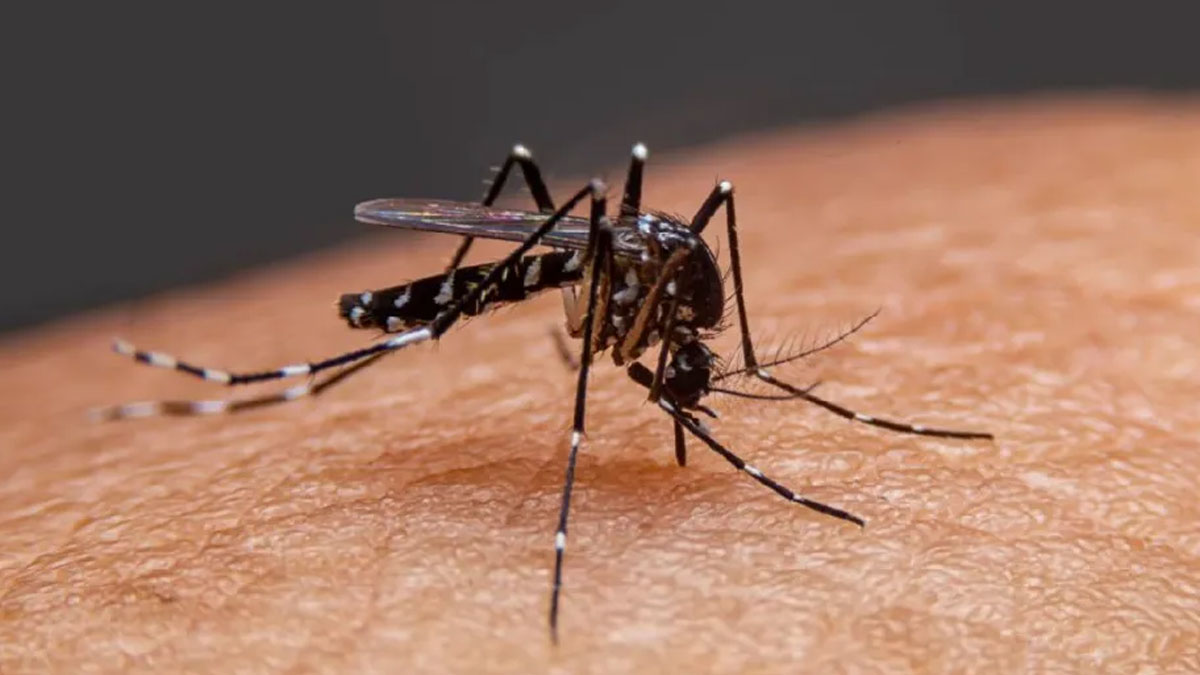
Gurgaon has witnessed a concerning rise in dengue cases, with 17 reported since the first case emerged on June 6th. Health department officials warn that the city’s humid weather conditions are likely to exacerbate the situation, leading to more cases in the coming days. It has identified five localities as hotspots including Wazirabad, Bhangrola, Nakhrola, Badshapur and Bhondsi.
Table of Content:-
Understanding Dengue Fever
Dengue fever is a viral infection transmitted by mosquitoes, primarily the Aedes aegypti species. This illness manifests with severe flu-like symptoms, including high fever, intense headaches, pain behind the eyes, joint and muscle aches, fatigue, nausea, and rashes. In severe instances, dengue can progress to dengue hemorrhagic fever, which is potentially life-threatening due to severe bleeding, blood plasma leakage, and organ impairment.
Transmission of Dengue
The dengue virus spreads predominantly through the bites of infected Aedes mosquitoes. These mosquitoes are most active during daylight hours, particularly in the early morning and late afternoon. The urban environments with stagnant water, where mosquitoes breed, significantly contribute to the spread of dengue.

Preventive Measures
Preventing dengue involves both individual and community efforts. Key measures include:
- Eliminating Breeding Sites: Ensuring that stagnant water around homes and communities is drained. Water containers should be covered to prevent mosquitoes from laying eggs.
- Personal Protection: Using mosquito repellents, wearing long-sleeved clothing, and installing window and door screens can reduce the risk of mosquito bites.
- Community Engagement: Public awareness campaigns and community clean-up drives are crucial in controlling mosquito populations.
Also Read: Budget 2024: Health Ministry gets Rs 90,958 crore, 12% increase from 2023
Recognising and Diagnosing Dengue
Early detection of dengue is vital for effective management. However, its initial symptoms can be confused with other illnesses, which complicates diagnosis. Common early signs include a sudden high fever, severe headache, pain behind the eyes, joint and muscle aches, fatigue, and rash. Confirming dengue typically requires laboratory tests, which can identify the virus or antibodies in the blood.
Management and Treatment
Currently, there is no specific antiviral treatment for dengue fever. Management focuses on relieving symptoms and supportive care. Patients are advised to rest, stay hydrated, and use pain relievers such as acetaminophen, avoiding non-steroidal anti-inflammatory drugs (NSAIDs) like ibuprofen and aspirin, which can increase the risk of bleeding. Severe cases may necessitate hospitalisation for intravenous fluids and other supportive treatments.
Also Read: BMC Launches 'Bhaag Machchar Bhaag' In Maharashtra To Counter Vector-Borne Diseases: Report
Gurgaon’s Response to the Outbreak
In light of the outbreak, Gurgaon’s health authorities have intensified their mosquito control initiatives. These include:
- Fogging Operations: Regular fogging in identified hotspots to kill adult mosquitoes.
- Larvicide Spraying: Applying larvicides to stagnant water bodies to kill mosquito larvae.
- Public Awareness Campaigns: Educating the public on dengue prevention measures and encouraging community participation in mosquito control activities.
- Enhanced Surveillance: Monitoring and early detection of new cases to manage and contain the spread promptly.
Community Role in Combating Dengue
Effective dengue control requires the active participation of the community. Residents are urged to cooperate with health officials, report any suspected dengue cases, and take proactive steps to eliminate mosquito breeding sites. Simple actions like maintaining cleanliness, ensuring proper disposal of waste, and regular inspection of areas where water can accumulate are crucial.
Bottomline
The recent surge in dengue cases in Gurgaon underscores the critical need for continuous vigilance and swift action against mosquito-borne diseases. By adhering to preventive measures and supporting health department initiatives, the community can significantly reduce the risk of dengue transmission. Collaborative efforts are essential to protect public health and ensure the safety of all residents.
Also watch this video
How we keep this article up to date:
We work with experts and keep a close eye on the latest in health and wellness. Whenever there is a new research or helpful information, we update our articles with accurate and useful advice.
Current Version